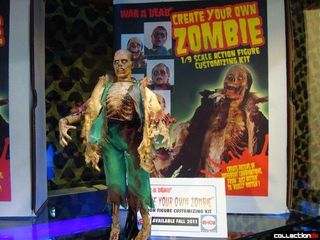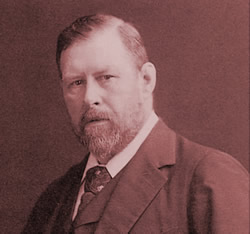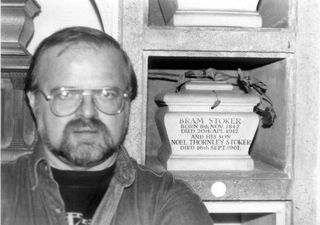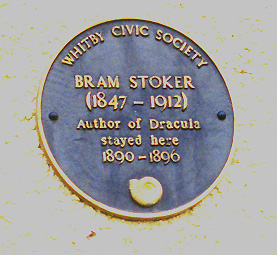Zombos Says: Good
I looked into the bathroom mirror for a long time, studying the ridges in my brain, and thought: "Is that the top of my brain? That's not the top of my brain...is it? It can't be. There's no way. But wait--is that the top of my brain?
Peter Mellor, a philosophy professor at Kenton College, has a serious problem: he's dead. He just doesn't realize it until he notices a chunk of his head is missing, along with a corresponding piece of skull. It's when he sees his exposed brain that he slowly starts to remember who he is and quickly starts thinking like a zombie. His amnesia after the car accident still clouds his memories. It's a wonder he isn't dead after going through the windshield like he did. Or maybe I should say deader.
Scott Kenemore's Zombie, Ohio is all about Mellor's zombiefication after the accident. Even before then, Ohio, along with the rest of the world, has been overwhelmed by the dead reanimating and chowing down on the living. A unique twist makes the cities safer than the surrounding countryside, leaving survival a tricky game of banding together, staying together, and knowing who to trust for the rustics. Gangs roam around pillaging and killing, and zombies roam around eating to their decaying heart's content.
The question Kenemore poses to Mellor is which side will he choose. Will he decay with his humanity intact, or become dead-set on acting like a zombie because he is one? The difficult Taoist answer to his predicament comes too easily for this philosophy professor. This is where Kenemore falters. For a philosophy professor at an uppity-scale college, Mellor says "Dude" too many times and doesn't let all the ramifications of being undead sink into that exposed brain of his. No axiological or ontological thoughts impede or accelerate his actions. It's all basic zombie chemistry--all about brains--and unknowing. Amnesia provides a convenient excuse to sidestep all of his introspection and focus more on how tasty he finds brains to be. Too convenient.
It doesn't take long for Mellor to crave fresh brains to savor. The urge takes hold after he believes his significant other, Vanessa, is non-zombie dead. After that he revels in his undeadness and starts a battalion of walking dead to feed on every adult he can trick into trusting him. His knack of appearing normal--a talking, thinking zombie--has it's advantages. We follow Mellor's exploits at cheating his way to a meal. Along with his growing band of grateful deadheads, he tricks two sorority girls, some survivalist-minded adults, and the just plain clueless into becoming king-sized HotPockets.
The military doesn't know what to make of this flipping-the-bird-at-them zombie who walks and talks and acts alive. Mellor's reputation grows as he and his fellow zombies terrorize the countryside. From a downed helicopter pilot he learns the military refers to him as the "Kernel." The name comes from the "Cedar Rapids Kernels" sewn into the baseball cap he always wears.
Kenemore pens a broad line between being humorous but sticking to the usual zombie gore tableaus, being mysterious--Mellor finds out he was murdered--and uproarious when Vanessa turns up with a band of ass-kicking survivalists, upsetting his zombie zeitgeist. The pen never leans too much in any one direction, leaving what happens to Mellor competently told but not as uniquely filling, as say, a heaping mouthful of fresh brains is to a zombie. And Kenemore's penchant for resorting to parentheses to convey Mellor's thoughts on his thoughts creates a stuttering effect in Mellor's narrative. Sometimes they can be funny--I chuckled at Mellor's observations at least twice--but other times they're annoying, like lumbering zombies popping up when you really don't want them to.




























